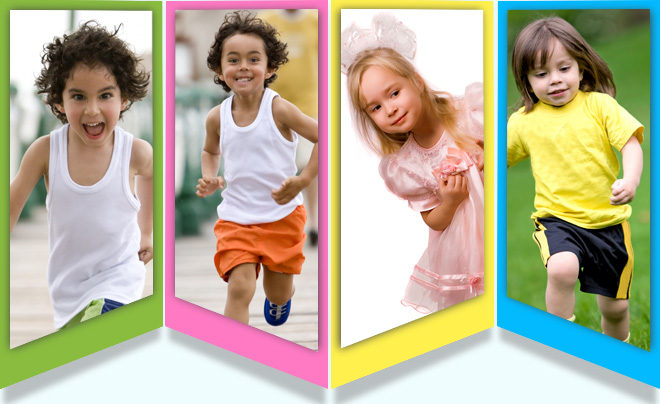Our Programs Include:
Social Skills Training
Foster care & Adoption Services
Early Learning & Reading
Behavior Modification
Cognitive Behavior Therapy
Exposure Response Therapy
Anger Management
Trauma Therapy
Autism & ADHD Therapy
Early Intervention
Early Childhood Mental Health
Child/Parent Psychotherapy
Parent/Child Care
Behavioral Services for pre-teens & Teens
If you are interested in a service that is not listed here, we invite you to send us an email with your inquiry. We would love to send you more information.
info@abilitiesunlimitedtherapy,com
| 











